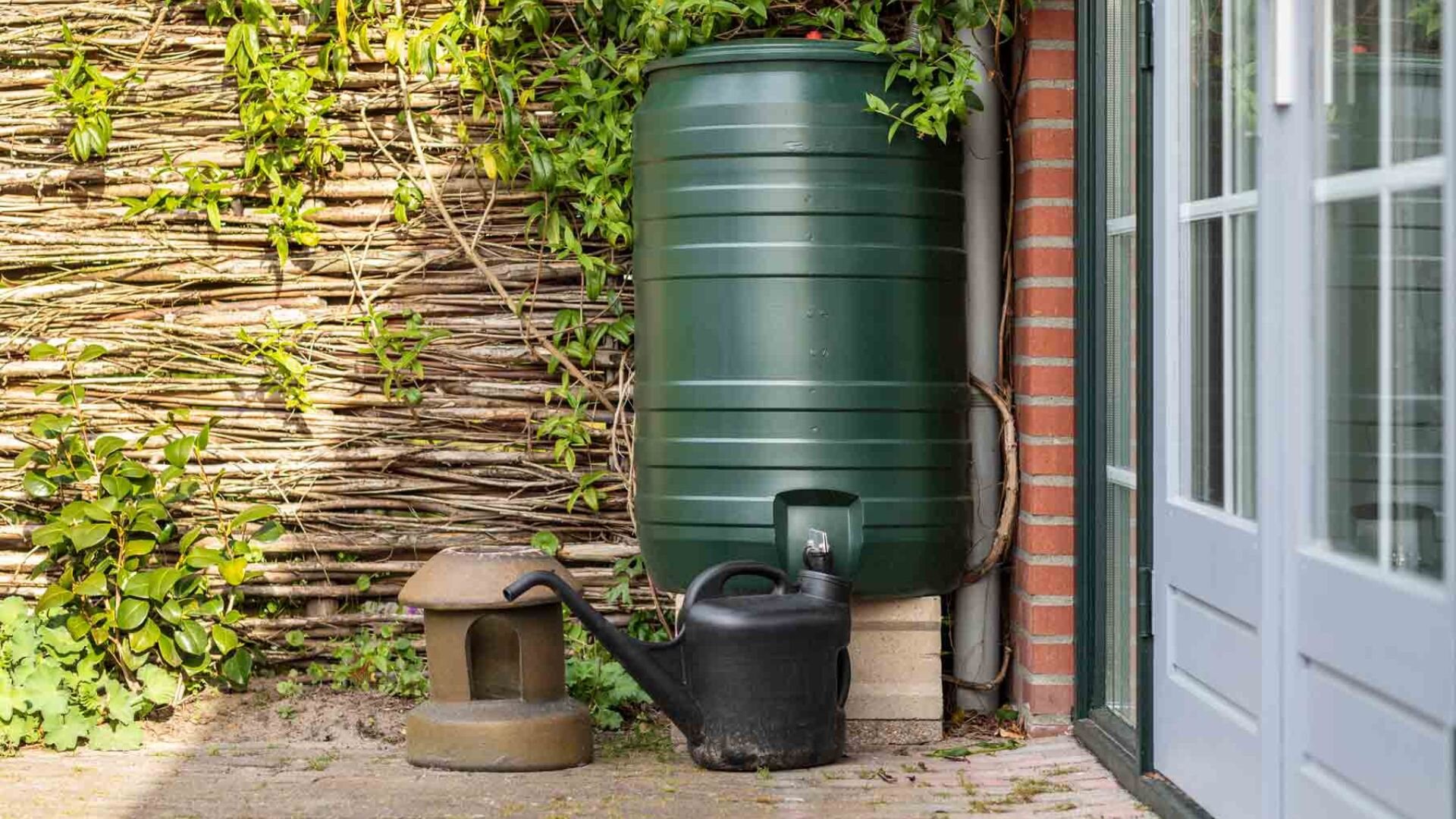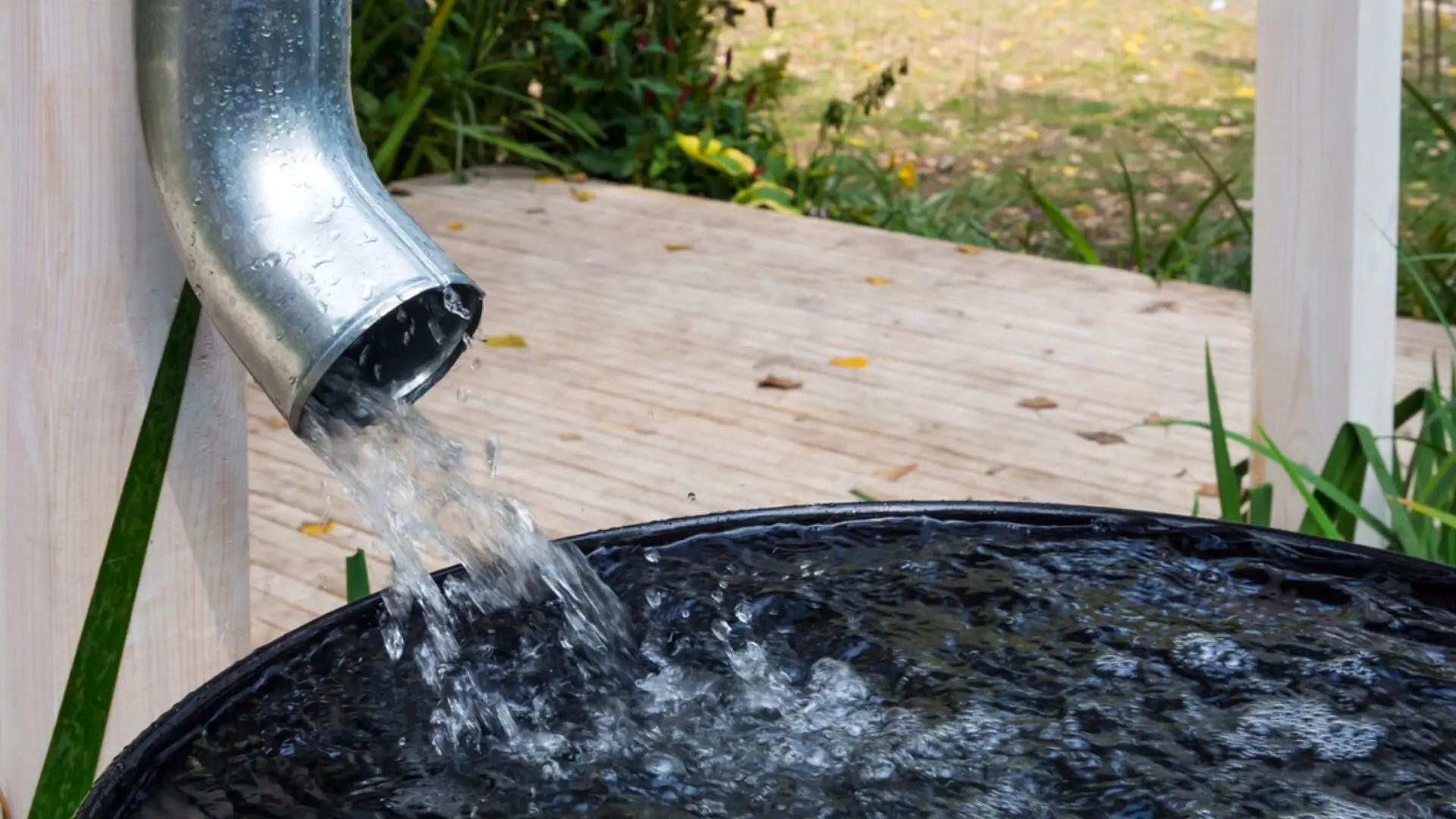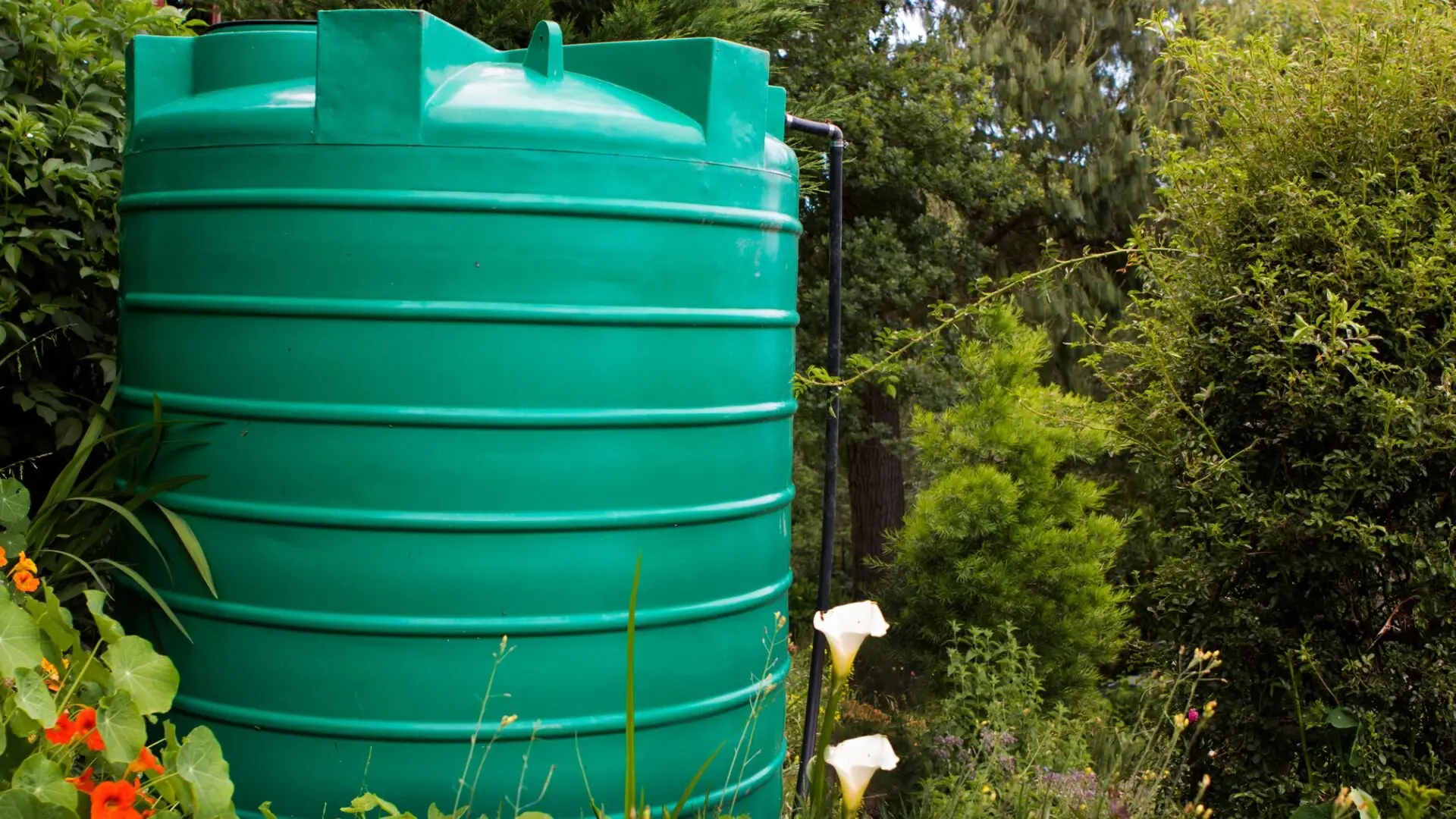Using rainwater at home is an eco-friendly move that can also cut down your utility costs. However, maintaining your rainwater harvesting system is crucial to keep it running smoothly.
When gutters or pipes leak, it messes with the water flow and affects your free water source. But don’t worry! With some troubleshooting and repairs, you can get everything back on track.
In this post, we’ll walk through diagnosing common rainwater harvesting drain problems, unclogging techniques, leak repairs, and prevention methods. You’ll learn to spot issues, clear basic clogs, evaluate when professional help is needed, and maintain your system.
Forget about troublesome drains and wasted water with some simple fixes. Let’s explore the best ways to tackle those annoying drainage issues in your home rainwater system.
Diagnosing Drain Problems
Finding out where and why the drainage issues are happening is step one. Keep an eye out for signs like water standing around or gutters overflowing post-rain.
Leaks could show up as drips at the joints or wet patches on walls. Mosquitos hanging around your cistern might hint at gaps that let water escape.

Conduct inspections after storms and trace problems back to their source. Check debris build-up in gutters or tanks that may cause clogged drains. Assess pipe connections for detachment.
Determining the location and cause of any backups or leaks enables targeted repairs. Catching issues early also prevents minor problems from becoming major. Just be sure to accurately diagnose drainage problems in your rainwater capture system before attempting repairs.
Clearing Clogged Drains
Remove leaves, grit, and other debris from gutters and drain screens for sluggish drainage. Use a hose to flush the system and dislodge blockages vigorously.
For stubborn organics causing sink drain clogs, a plumber’s snake can latch on and extract the material. Boiling water effectively breaks up minor clogs from grease, oils or soap build-up.
Severe blockages may require disconnecting PVC pipes to clean out mud or minerals that have hardened inside. Getting a high-pressure water jetting equipment professional can blast away years of accumulated gunk.
Regularly clearing out drains and gutters is critical to preventing major clogging issues. With some elbow grease and the proper unclogging methods, you can remove obstructions and recharge rainwater to your collection tank or cistern.
Fixing Leaky Joints
Leaks at joints in your rainwater harvesting system allow water to escape and drain away instead of being captured. Inspect fittings at elbows, tees, and other connections along gutters and pipes.
For minor drips, grab a wrench and tighten any loose fittings. If you find any small leaks in PVC or metal pipes, a silicone caulk sealant usually does the trick, just make sure those joints are clean and dry first.

Larger cracks or holes require replacing damaged parts with new pipe sections and proper primer or glue. Use rubber gaskets to reinforce and seal joints.
Patch leaking sections of old concrete cisterns with hydraulic cement. Eliminating every drip keeps your precious rainwater in the system. With some thoughtful joint repairs, you can plug any pesky leaks.
Preventing Future Clogs and Leaks
The best way to avoid ongoing drain issues is prevention. Install screens on gutters to block debris from entering the system. Routinely scoop out leaves or other matter that collects. Inspect pipes yearly for cracks and clear any build-up.
Using gutter sealant helps minimise leaks by sealing joints and holes where water could drip out. For tanks, empty and clean the interior annually to remove settled sediment that can lead to clogs.

Checking and adjusting flow valves periodically prevents overflows. Digging up and replacing deteriorated pipe sections can also eliminate repeating leaks and clog sites.
With proactive maintenance and drain cleaning, you can keep everything flowing smoothly for the long haul. Preventing problems is much easier than constantly having to unclog and repair issues down the line.
Don’t Let Drain Problems Wash Away Your Rainwater Savings
Properly maintaining your rainwater harvesting system with drain repairs and preventative care ensures you can continue benefiting from this sustainable water source. Keep minor issues from spiralling into major disasters or abandoning your setup altogether.
With diligent DIY troubleshooting for minor clogs or leaks, you can often get things functioning optimally again. But for any problems beyond your skill level, rely on the drain experts at Fixed Today.
Our team brings all the know-how and gear needed to give your rainwater drainage system a thorough check-up and fix whatever’s wrong. We’re here to help your rainwater harvesting thrive.
Don’t hesitate to call Fixed Today for professional assistance in getting your drains and gutters back in working order. Investing in maintenance now saves more headaches and money while keeping your rainwater flowing to where you need it.
Rainwater Harvesting Drainage Problems FAQs
Why does my rainwater drain slowly or not at all after a storm?
Clogged debris like leaves, grit, and minerals likely build up in your gutters, pipes, or collection tank. Try flushing the system with a hose and use a plumber’s snake to clear stubborn organics clogging the drain.
What causes leaks in my rain harvesting system pipes and tanks?
Loose pipe fittings, cracks, and holes can all lead to leaks. Inspect connections and patch them with sealants, gaskets, or replacement parts. Look for wet spots on walls or dripping joints.
How can I prevent future clogging and leaks in my rainwater drains?
Routinely clean gutters, inspect pipes yearly, replace worn sections, adjust flow valves, and use gutter screens and sealants. Preventative maintenance is critical.
When should I call a professional to fix my rainwater harvesting drainage issues?
If your DIY attempts aren’t doing the trick, or leaks and clogs keep popping up, it might be time to call in the pros at Fixed Today. We can handle those trickier repairs for you.
What maintenance should I do regularly to avoid problems with my drains?
Clear debris from gutters and drains often, check pipe connections are tight, clean out the cistern annually, and make any needed joint repairs to prevent significant issues down the road.














